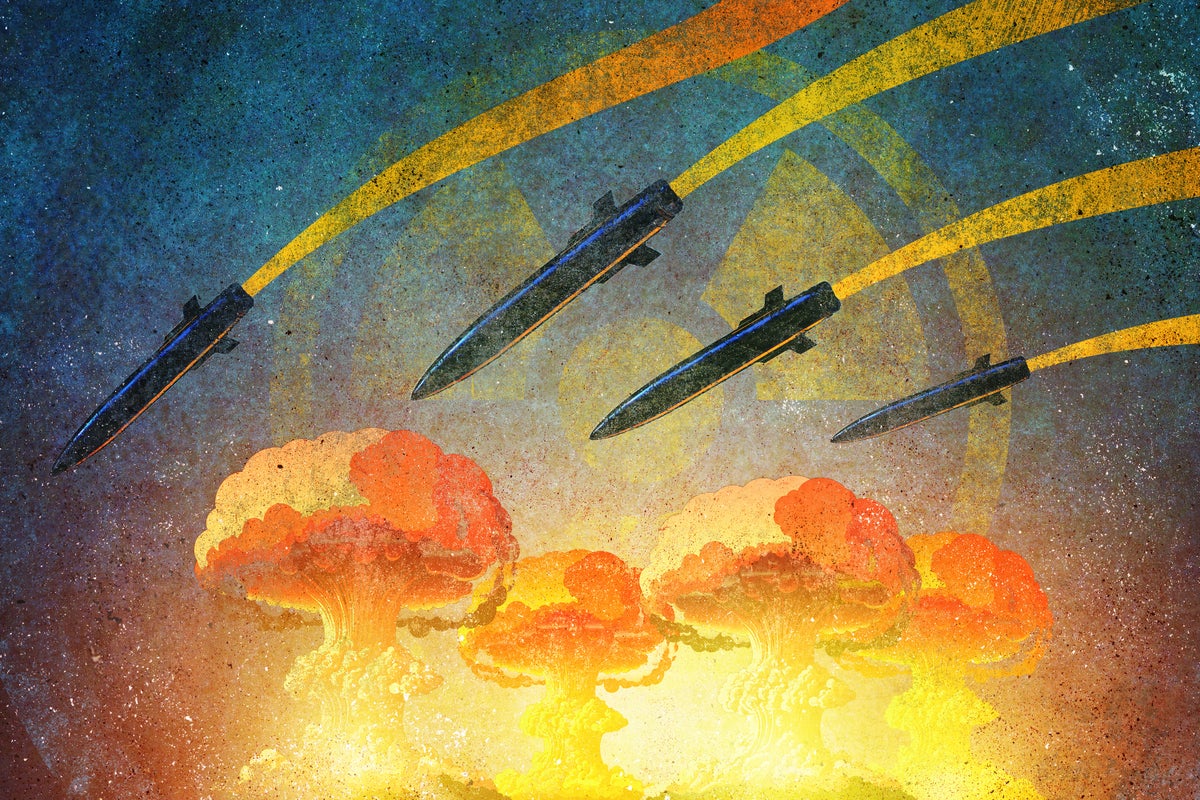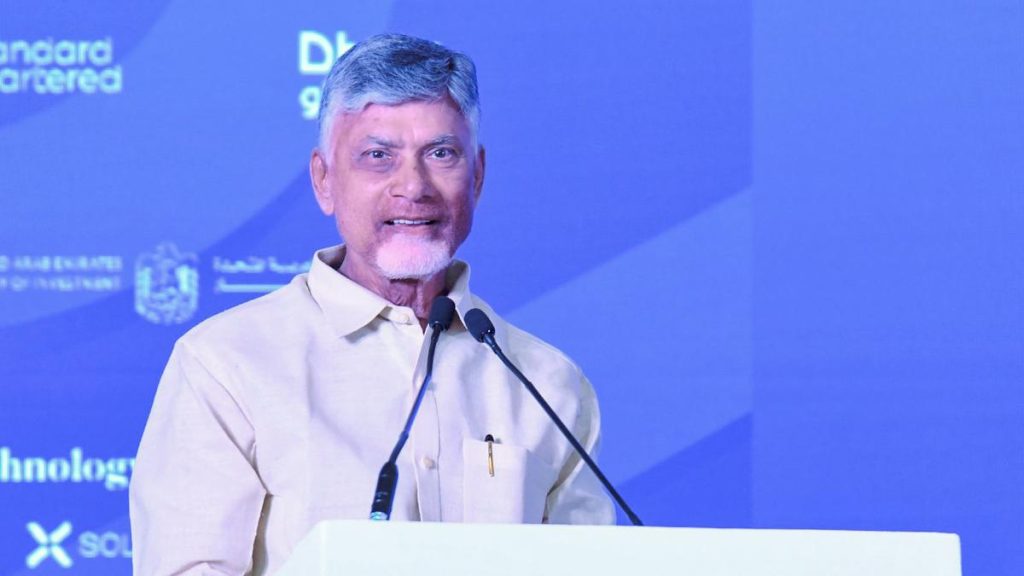Now Reading: India-Pakistan Tensions Highlight Urgency to Prevent Nuclear Conflict
-
01
India-Pakistan Tensions Highlight Urgency to Prevent Nuclear Conflict
India-Pakistan Tensions Highlight Urgency to Prevent Nuclear Conflict

Quick Summary:
- In April, a terrorist attack in Kashmir killed at least 26 people, mostly Indian tourists.
- India attributed the attack to Pakistan, threatened to cut water supplies under the Indus Waters Treaty, and conducted airstrikes in May.
- Pakistan responded with promises of a “measured but forceful” reaction, escalating tensions between both nations.
- India and Pakistan possess about 170 nuclear weapons each; conflict risks catastrophic global consequences.
- Research indicates a potential nuclear war could produce smoke that blocks sunlight for years,disrupting agriculture worldwide and leading to famine that could kill billions globally over two years.
- Broader geopolitical concerns stem from increasing nuclear arsenals in China and expiring arms control agreements like New START between the U.S. and Russia.
- The Treaty on the Prohibition of Nuclear Weapons, signed by 73 countries but not by nations with nuclear weapons including the U.S., remains a critical global effort.
Indian Opinion Analysis:
The escalation between India and Pakistan highlights persistent security challenges surrounding Kashmir-a region steeped in past disputes-and exposes vulnerabilities within South Asia’s strategic framework. The threat posed by their combined nuclear capabilities requires vigilance due to broader regional implications: impacts on civilian life, food security from agricultural disruption due to potential fallout effects (e.g., “nuclear winter”), and overall stability across Asia.
Diplomatic channels must take precedence over militaristic strategies as prolonged hostilities could increase risks for unintended consequences or miscalculation involving more powerful actors like China or indirect effects leveraged through international alliances. For India specifically, balancing firmness against terrorism while avoiding overt escalations constitutes delicate diplomacy that could set lasting precedents amid rising global polarization linked with weapon stockpiles elsewhere globally.
Read More: Scientific American

























